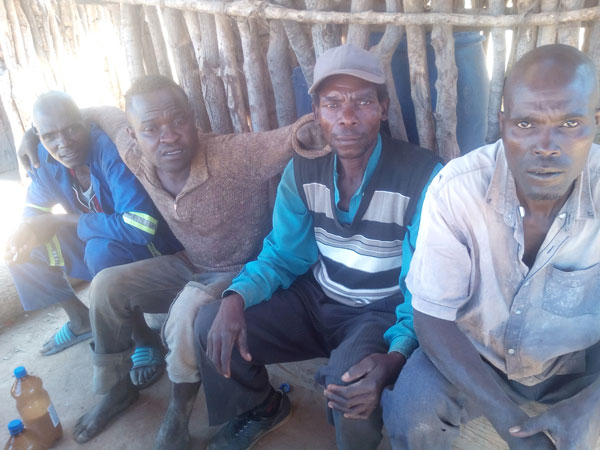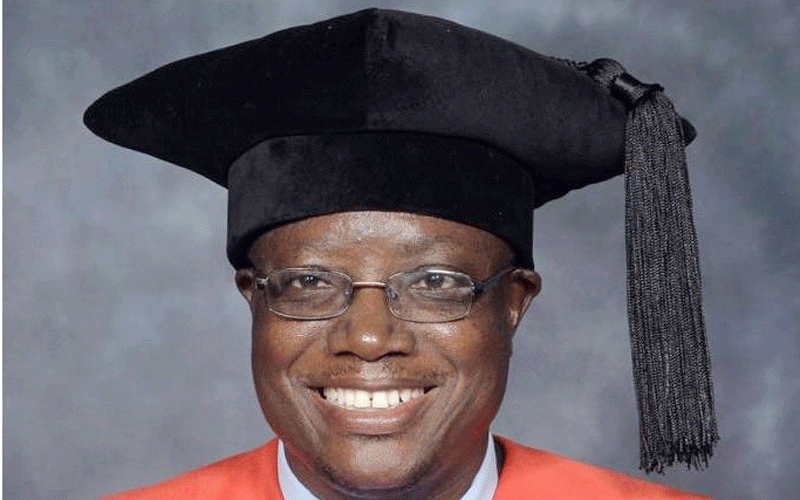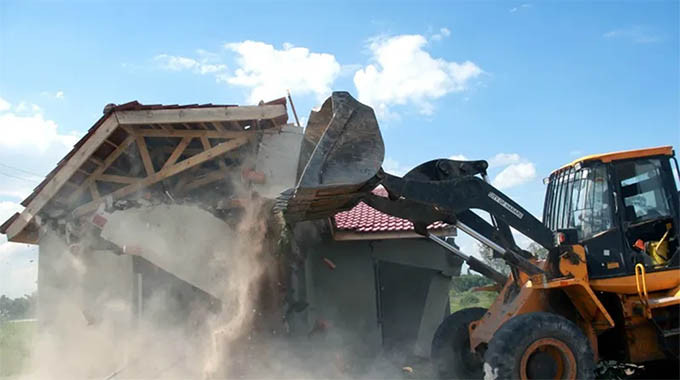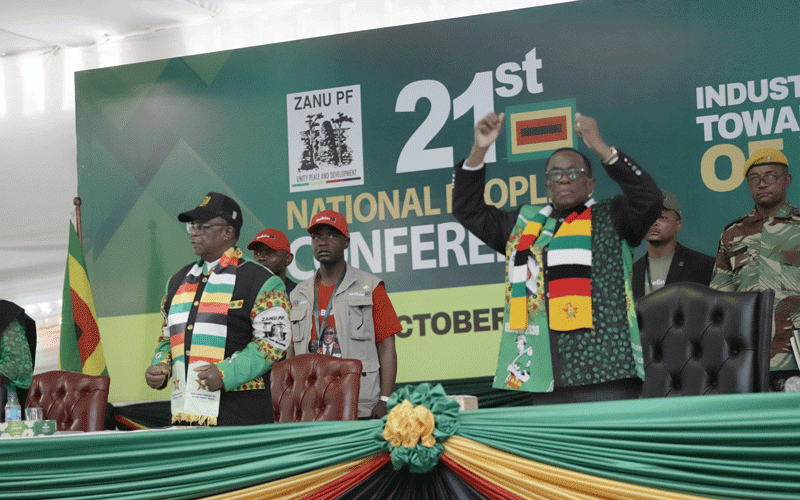
By Moses Mugugunyeki recently in Gokwe NORTH
“People in Harare rejected me and scorned me when the chips were down, but I have found a loving community here at Zenda mine,” says Tafadzwanashe Robin Fichani.
Fichani is one of the “Terrible Twins” that caused a stir in Harare in 2006 after walking in Harare’s First Street and some parts of Mt Pleasant wearing goatskin kilts and since that incident, the pair went underground.
He said then that he saw nothing wrong wearing the goatskin kilts, which he said were the clothes of “our ancestors”.
The pair’s life was characterised by controversy, which compelled them to leave their posh Harare home for a far-off area.
“Since that year, I haven’t stayed for long in Harare as I chose to stay far away from the madding crowd,” Fichani told The Standard last Tuesday at a mining compound in one of the remotest parts of the country in Gokwe North, Midlands province.
“Harare people are wicked, violent and evil, but I feel at home when I am here with my colleagues drinking beer and smoking cigarettes.
“It’s unfortunate that you caught me unawares, you would have found me dressed in those trending clothes that you wear in Harare.”
- Chamisa under fire over US$120K donation
- Mavhunga puts DeMbare into Chibuku quarterfinals
- Pension funds bet on Cabora Bassa oilfields
- Councils defy govt fire tender directive
Keep Reading
He said his twin brother, Tapiwanashe, left the compound early this year after the pair had been tracked down by their father, George Fichani.
“I couldn’t go with them because there is a lot of money here. In this village we have our own First Street, so if I want to walk along the street I can just do it here,” he said.
Fichani said his brother moved to their family farm in Banket, Mashonaland West province.
He said he and his brother moved to the mine, once owned by business mogul Billy Rautenbach, in 2005 a year before their infamous “First Street march” for a brief stint before their father, who is believed to have acquired some mining claims, sent them to operate the mine in 2013.
“We came here in 2013 and all was rosy since we were in charge of almost everything.
“We made money and life was good, but we lost almost everything because we were not organised,” he said.
“I am happy that I am still getting a few dollars despite losing part of my arm in an accident in one of the shafts at the mine.”
According to people at the mine, the Fichani brothers were known for flaunting their newly- found wealth and fame during their early days at the mine.
“They made money during their early days, but it seems they lost everything from the mining claims to even small things like clothes.
“He (Tafadzwanashe) is being looked after by friends and he is more of a street kid here,” said Jega Masasa.
This publication also established that some time this year the two brothers were taken from the mine by their father, but Tafadzwanashe surprised all and sundry when he returned a few months later.
After their infamous 2006 stunt, the twin brothers relocated to Banket and Mhangura and at one time they served as aides to a traditional healer in Mashonaland West province.










